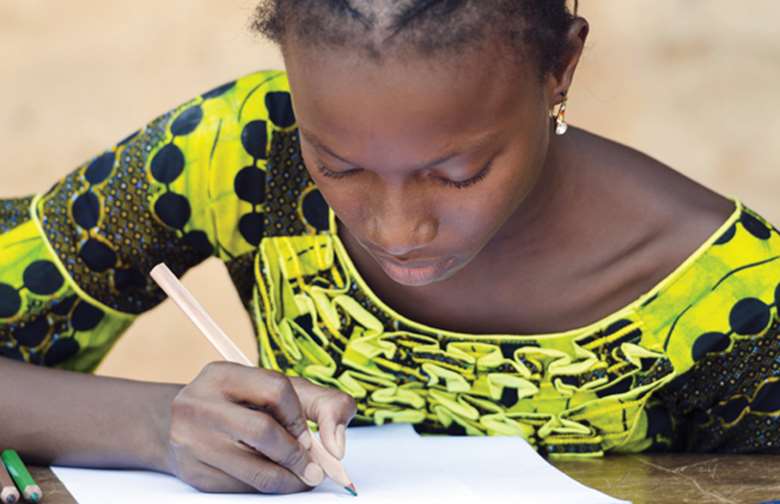How intervention reduces self-harm
Emily Rogers
Tuesday, January 5, 2016
Project helps young people recover from self-harm and reduces the risk of future harm.

Project
Self Harm and Awareness Resource Project (Sharp)
Funding
Nearly £150,000 a year from NHS Nottingham City Clinical Commissioning Group
Background
Specialists at Nottingham Child and Adolescent Mental Health Service (CAMHS) were concerned about the increasing number of young people referred as a result of self-harm. They identified a need for earlier intervention and training for frontline professionals and the Self Harm and Awareness Resource Project (Sharp) was born. “If a young person discloses self-harm to somebody for the first time, that person’s response is key to recovery,” explains manager Sharon O’Love.
Action
Sharp launched in January 2014 as part of Nottingham’s Tier 2 CAMHS, which offers specialist support to young people in community settings. It has four practitioners, employed by Nottingham Council.
The project runs monthly clinics in 14 Nottingham secondary schools for pupils referred by staff. Practitioners help pupils to understand their self-harming, build resilience and develop coping strategies.
Practitioners complete a risk assessment for each pupil, recommending the most appropriate follow-up treatment or support. Support from schools, such as school counsellor sessions or mentoring, was recommended for 60 of the 95 pupils seen between March and December 2014. A total of 28 were offered Tier 2 CAMHS support, six were referred to specialist Tier 3 CAMHS and one was referred to a hospital emergency department.
Outcome
A March 2015 evaluation by the Institute of Mental Health in Nottingham shows the number of self-harm referrals to CAMHS Tier 3 dropped by 75 per cent from 48 in January 2014 to 12 in January 2015. This contrasts with a 37 per cent increase in referrals between 2011 and 2012 and a 60 per cent increase between 2012 and 2013.
The 117 pupils who attended Sharp’s school clinics between March 2014 and March 2015 awarded the service an average score of eight out of 10 for usefulness in managing their self-harm issues. Meanwhile, 617 professionals attending Sharp training awarded it an average score of 4.5 out of five, with 85 per cent reporting increased knowledge.
Of 28 young people for whom data was available, 89 per cent reported a reduction in self-harm following referral to Sharp from CAMHS.




